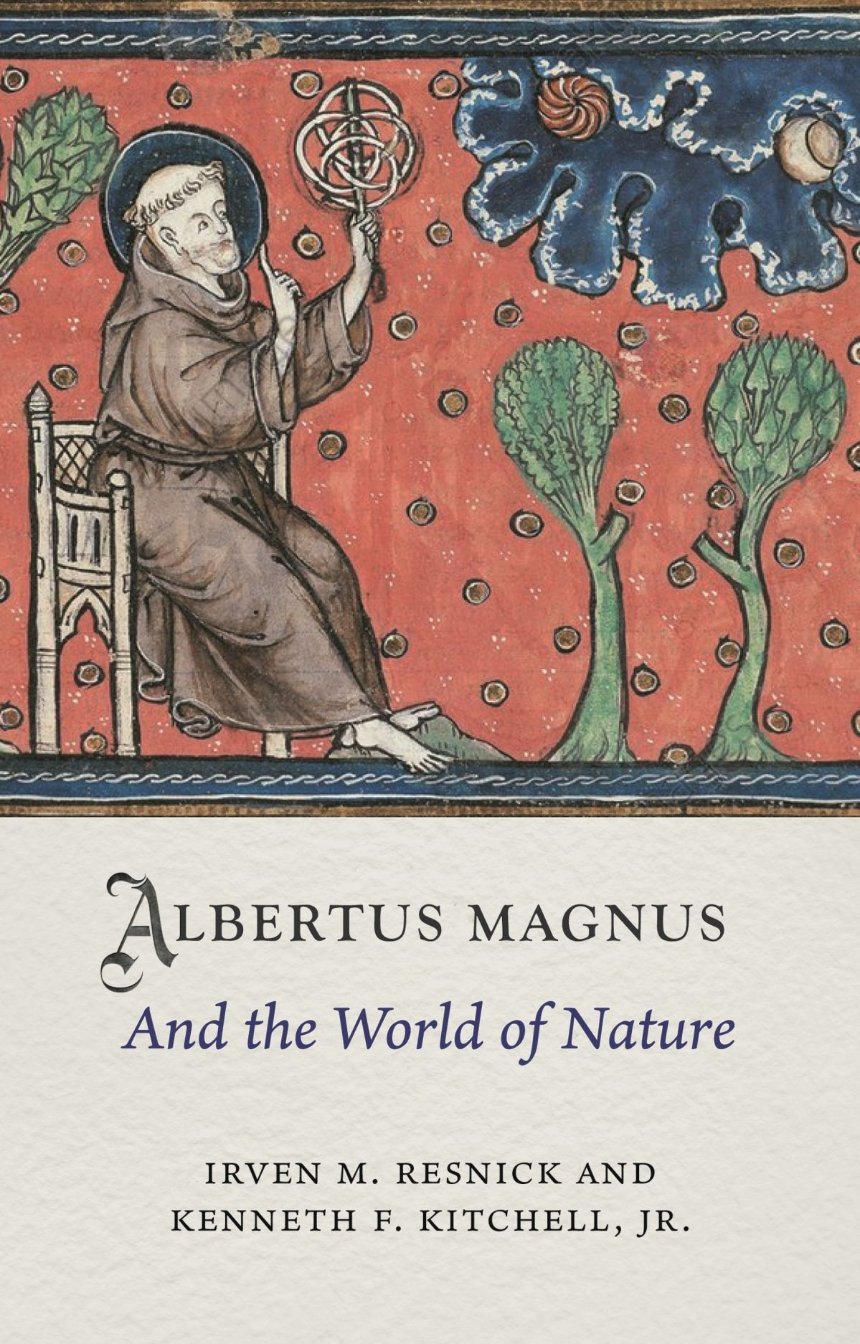Thomas Aquinas and the Greek Fathers, edited by Michael Dauphinais, Andrew Hofer, O.P., and Roger Nutt, Sapientia Press: Ave Maria University, Ave Maria, Florida, 2019.
In this latest of volumes that are the product of joint conferences between the Thomistic Institute of the Dominican House of Studies (Washington, DC) and the Aquinas Center for Theological Renewal of Ave Maria University (Ave Maria, FL), the editors and authors address what is variously identified as a “tragic dialectic,” a “false dichotomy,” and a “hermeneutical binary” that has arisen between the theology of Thomas Aquinas and that of the Greek Fathers. As this volume makes clear, whatever one might call this outdated approach, it fails to appreciate the mass of textual evidence supporting the considerable influence which the Greek Fathers exercised upon St. Thomas’ mature works, especially the Tertia Pars and the biblical commentaries. This volume also demonstrates that the dichotomous view profoundly incapacitates the contemporary theologian from attending with any sensitivity to the profound modes of complementarity that exist between the joint “cruciform proclamations of the truth of the Gospel” in Aquinas and the Greek Fathers.
For students of St. Thomas this volume will be a welcome addition to their library and is likely to assist in future studies of patristic themes in Aquinas. In particular, citing only a few of the many excellent essays contained herein, students ought to attend closely to the works of Fr. Khaled Anatolios (University of Notre Dame), “The Ontological Grammar of Salvation and the Salvific Work of Christ in Athanasius and Thomas Aquinas,” and Joseph Wawrykow, “The Greek Fathers in the Eucharistic Theology of Thomas Aquinas.” Both of these essays, which can be profitably read together, are masterful presentations of the complementarity that becomes possible when one abandons the false binary between Aquinas and the Greek Fathers. Likewise, the contribution of Jorgen Vijgen (Nicolaus Copernicus University, Poland), “Aquinas’s Reception of Origen: A Preliminary Study,” the longest in the volume, is noteworthy for its extensive treatment of explicit references to Origen in Aquinas’ works and certainly invites further research. All of the essays, and the volume as a whole, reinforce for students and scholars the generous spirit, a spirit requisite for the renewal of theology today (see Fr. Andrew Hofer’s conclusion), with which St. Thomas went about his study and teaching of theology.


















